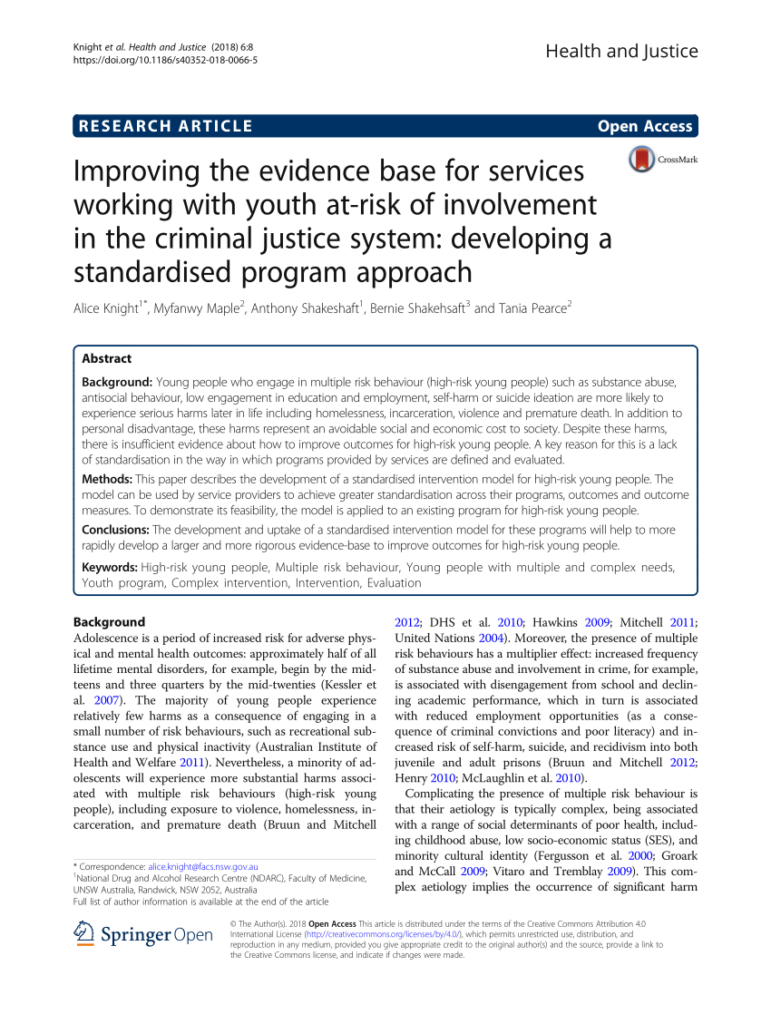Unlocking Second Chances: Understanding the Criminal Records (Clean Slate) Act 2004
Imagine a past mistake casting a long shadow over your future, hindering your ability to secure a job or find a place to call home. For many New Zealanders, this is the harsh reality they face due to past convictions. The Criminal Records (Clean Slate) Act 2004 offers a beacon of hope, a chance to move forward and rebuild their lives. This legislation allows certain convictions to be concealed after a period of time, effectively wiping the slate clean. But what does this mean in practical terms? How does it impact employment and housing opportunities? Let’s delve into the details and explore the transformative power of a clean slate.
The Clean Slate’s Impact on Employment and Housing
A clean slate can dramatically reshape an individual’s trajectory, particularly when it comes to employment and housing. Think of it as a fresh start, allowing individuals to compete for jobs and housing without the stigma of past convictions weighing them down. But how does this work in practice? Under the Clean Slate Act, eligible individuals no longer have to disclose their convictions to most employers and landlords. This levels the playing field, giving them a fair chance to showcase their skills and qualifications without being automatically disqualified due to their past. Isn’t that a breath of fresh air for someone trying to turn their life around?
The benefits are twofold. For employers, it expands the pool of potential candidates, enabling them to tap into a wider talent pool. It also encourages inclusivity and reduces recidivism by providing opportunities for individuals to become contributing members of society. For those seeking housing, a clean slate can mean the difference between securing a safe and stable home and facing continued instability. It removes a significant barrier, opening doors to a better future and a more secure living situation. It’s not about erasing the past; it’s about providing a pathway to a more promising future.
However, it’s important to note that the Clean Slate Act isn’t a blanket pardon. Certain serious offenses are excluded, and convictions can still be disclosed in specific circumstances, such as applications for certain sensitive roles like working with children. Think of it like a filter, removing the minor blemishes while acknowledging the significance of more serious offenses. This balanced approach ensures public safety while still providing opportunities for rehabilitation and reintegration.
The impact on employment and housing cannot be overstated. Imagine applying for job after job, only to be rejected due to a past mistake that no longer reflects who you are. The Clean Slate Act breaks this cycle, giving individuals a chance to prove themselves based on their current capabilities, not their past transgressions. It empowers them to rebuild their lives, contribute to their communities, and secure a stable future. Isn’t this what second chances are all about? It’s about recognizing that people can change and deserve the opportunity to demonstrate their growth and potential.
Let’s consider the story of Sarah, a hypothetical example, but representative of many who have benefitted from the Act. Convicted of a minor offense in her youth, Sarah struggled to find stable employment despite her qualifications. The constant rejections and judgment based on her past left her feeling discouraged and trapped. With the Clean Slate Act, Sarah was able to conceal her conviction, finally securing a job in her chosen field. This opportunity not only provided financial stability but also restored her sense of self-worth and hope for the future. The Act didn’t erase her past, but it allowed her to move beyond it, creating a brighter future for herself. This ripple effect extends beyond the individual, positively impacting families and communities.
Criminal Records (Clean Slate) Act 2004: A Fresh Start
The Criminal Records (Clean Slate) Act 2004 is a significant piece of legislation in [Country – Please specify the country as the Act applies differently in different regions, e.g., New Zealand]. It offers a chance for individuals with minor criminal convictions to move forward, leaving their past behind. Think of it as a reset button, allowing people to access jobs, housing, and opportunities they might otherwise be denied. But how does this “clean slate” actually work? Let’s dive into the details.
What is the Clean Slate Act 2004?
The Act essentially hides certain convictions after a period of good behavior, allowing individuals to legitimately claim they have no criminal record. It’s not about erasing history; it’s about acknowledging rehabilitation and allowing people to reintegrate into society. This doesn’t apply to serious offenses, but for many, it’s a lifeline to a brighter future. Imagine the relief of knowing that a youthful mistake won’t forever haunt your job applications. This is the power of the Clean Slate Act.
Who is Eligible for a Clean Slate?
Eligibility criteria exist, ensuring the Act isn’t misused. Generally, you qualify if you have completed your sentences, haven’t re-offended within a specific timeframe (usually seven years), and haven’t committed any excluded offenses. These excluded offenses are generally serious crimes, like violent offenses, sexual offenses, and serious drug trafficking. It’s a system designed to reward genuine rehabilitation and protect public safety. So, who wouldn’t want a second chance? This Act provides just that.
What Offenses are Covered?
The Act covers a range of minor offenses, from traffic violations to low-level theft. The specifics vary by jurisdiction, but the common thread is that they’re offenses that, while breaking the law, don’t represent a continuing threat to society. Think of it this way: everyone makes mistakes. The Clean Slate Act recognizes that some mistakes shouldn’t define a person’s entire life. Wouldn’t you agree that people deserve a chance to learn and grow from their past errors?
Applying for a Clean Slate
The beauty of the Clean Slate Act is its automatic nature. In most cases, you don’t have to lift a finger. The system automatically cleans your slate once you meet the eligibility criteria. However, you can apply for confirmation if you’re unsure of your status or need official documentation. This provides peace of mind, especially when applying for jobs or visas. Imagine the relief of knowing your application won’t be automatically rejected due to a past mistake. This is the practical benefit of obtaining confirmation.
The application process itself is straightforward. You can usually download the necessary forms online from the relevant government website (e.g., the Ministry of Justice). These forms require basic personal information and details about your conviction history. While filling out forms can be a bit of a hassle, it’s a small price to pay for the potential benefits. Once submitted, the processing time varies, but you’ll eventually receive confirmation of your clean slate status. Think of it as getting a clean bill of health for your criminal record. This confirmation can be a powerful tool in rebuilding your life and pursuing new opportunities.
What Happens After You Get a Clean Slate?
Once your slate is clean, you’re legally entitled to say you have no criminal record for those covered offenses. This means employers, landlords, and other agencies won’t be able to see these convictions in standard background checks. It’s like having a fresh start, allowing you to compete for opportunities on a level playing field. However, it’s crucial to understand that the clean slate isn’t absolute. Certain agencies, like those involved in national security or law enforcement, may still have access to your full record. This is a crucial balance between rehabilitation and public safety.
While the Criminal Records (Clean Slate) Act 2004 offers a valuable pathway to a brighter future, it’s important to remember that laws vary by jurisdiction. It’s always best to consult with legal professionals or refer to the relevant government resources in your specific area for the most accurate and up-to-date information. So, if you’re eligible, take advantage of this opportunity to move forward and embrace a fresh start. Who wouldn’t want that?
The Criminal Records (Clean Slate) Act 2004: A Second Chance, But Not for Everyone
The Criminal Records (Clean Slate) Act 2004, enacted in New Zealand, offers a fresh start for individuals with minor criminal convictions. Imagine it as a societal reset button, allowing people to move forward without the perpetual shadow of past mistakes. But, like any piece of legislation, it’s not without its imperfections. This article delves into the Act’s provisions, its positive impacts, and crucially, the areas where it could be improved to better serve its intended purpose.
Criticisms and Potential Improvements to the Act
Despite its benefits, the Act has faced some criticism and suggestions for improvement, particularly concerning the exclusion of certain offenses. Why are some offenses deemed “unworthy” of a clean slate? Isn’t the very principle of rehabilitation predicated on the belief that everyone deserves a second chance? These are important questions to consider when evaluating the Act’s effectiveness and fairness.
One major point of contention revolves around the types of offenses covered. While the Act provides a clean slate for many less serious convictions after a seven-year waiting period, more serious offenses, like violent crimes and sexual offenses, are excluded. This creates a two-tiered system, where some individuals are granted the opportunity to move on, while others are permanently marked by their past. Is this a fair and equitable approach? Some argue that the severity of the offense should certainly be considered, but shouldn’t the potential for rehabilitation also play a role? Shouldn’t we, as a society, strive to offer pathways for redemption even in cases of serious offenses, particularly after a substantial period of rehabilitation and demonstrable remorse?
Furthermore, the automatic nature of the clean slate can be problematic. While it streamlines the process, it doesn’t allow for individualized assessment or consideration of mitigating circumstances. For example, two individuals could have the same conviction, but vastly different stories behind it. One might have been a young, impressionable teenager pressured into wrongdoing, while the other a hardened adult acting with full intent. Should these two situations be treated equally? A more nuanced approach might involve a review process, where individual circumstances are considered before a clean slate is granted. This wouldn’t completely negate the efficiency of the Act but would add a layer of fairness and prevent potential injustices.
Additionally, the lack of clarity around international convictions poses a significant challenge. The Act doesn’t explicitly address how international convictions are treated, leaving individuals who have offended overseas in a state of limbo. They might assume their record is clean in New Zealand, only to face unexpected consequences later. This not only creates anxiety and uncertainty for those individuals but also has implications for employers and other organizations who rely on accurate criminal record checks. Clearer guidelines regarding international convictions are essential to ensure the Act’s consistent and predictable application.
Finally, the Act’s silence on the issue of spent convictions in other jurisdictions can create confusion and complicate matters. A clean slate in New Zealand doesn’t necessarily translate to a clean slate elsewhere. This can have serious ramifications for individuals seeking to travel, work, or study abroad. Imagine applying for a visa and being denied due to a conviction that’s considered spent in New Zealand but not in the destination country. Isn’t this a potential trap for those who believe their past is truly behind them? Greater transparency and communication about the international implications of a clean slate would help individuals make informed decisions and avoid unforeseen difficulties.


